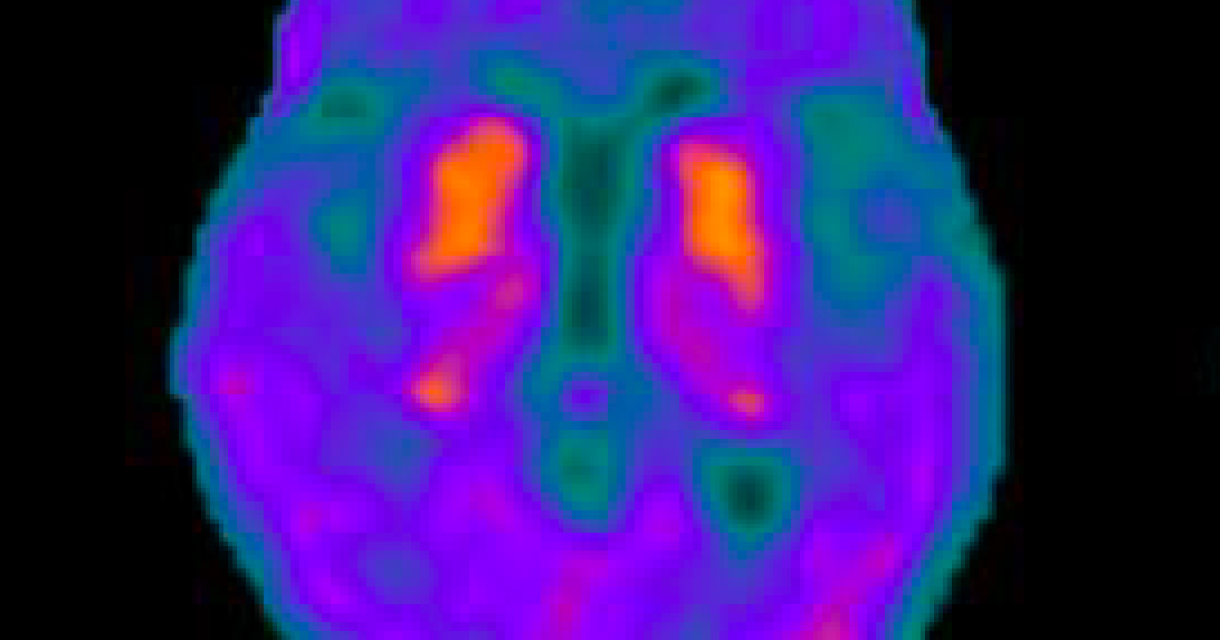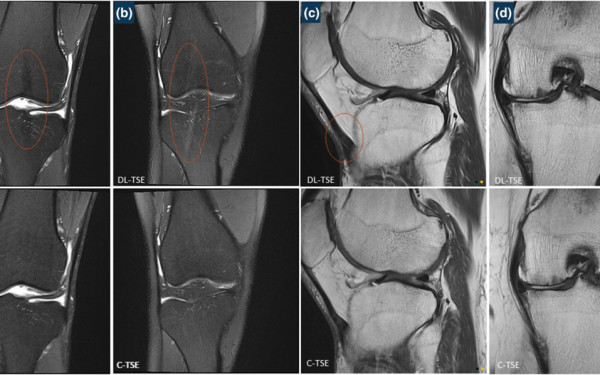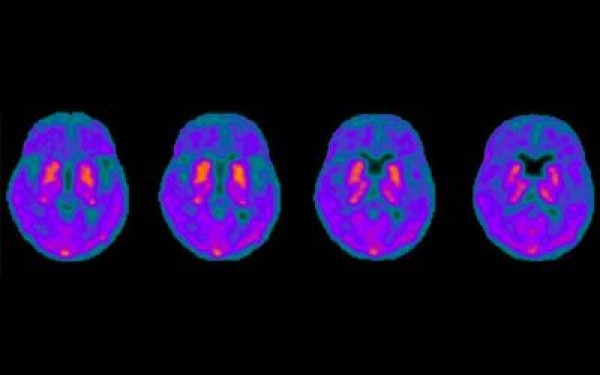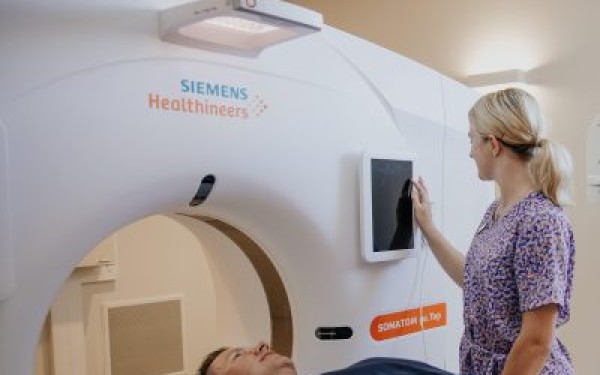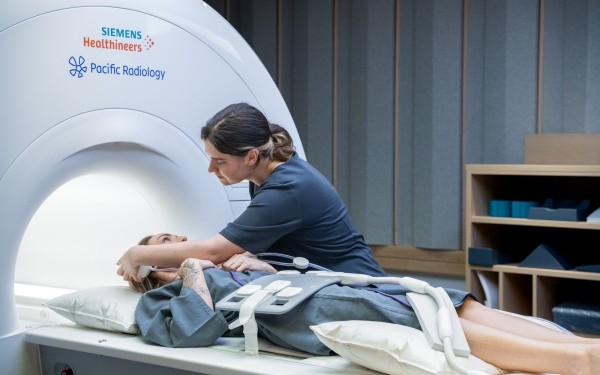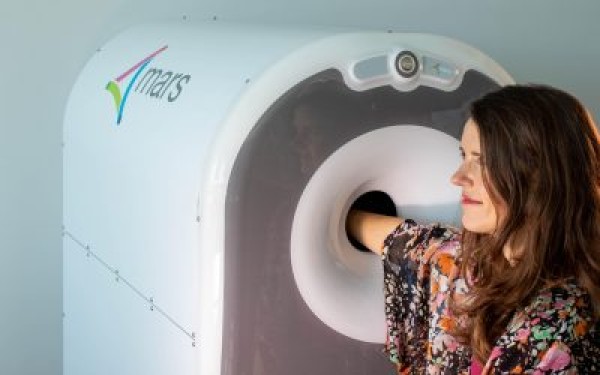Recent developments in a global study including Pacific Radiology’s Research & Development Group mean that patients with neurodegenerative disorders could soon receive quicker, more accurate diagnoses.
In a brand new collaboration with research teams in Melbourne and Munich, as well as the Christchurch based New Zealand Brain Research Institute, Pacific Radiology is using a new ‘tau’ radioactive tracer known as ‘PI-2620’ to image a group of conditions known as the ‘tauopathies’. NZBRI currently has 70 patients ready to be assessed as part of the study, which uses the cutting-edge radiotracer in an existing PET-CT scanner.
Dr Ross Keenan, Neuroradiologist and Head of Pacific Radiology’s Research & Development Group, says the longer-term aim is to develop a drug treatment for these diseases, as well as study them further to find out more about them. He says being inquisitive is in the company’s DNA:
"We are the first in New Zealand to pursue this research and it’s going to make a big clinical difference. Because we are inquisitive, we tend to be early adopters of diagnostic imaging tools. This technology gives referrers a whole new toolbox to diagnose and potentially treat patients, and once tau is clinically established, it may well become the preferred tracer."
Dr Keenan believes the use of the tau tracer will cut short what is often a long, difficult pathway to diagnose patients with neurodegenerative disorders:
"With no definitive diagnosis, these conditions are difficult to manage. However, if we can use a molecular diagnosis upfront, we can treat the disease a lot earlier, potentially alter the course of the disease, and give patients a more accurate prognosis."
Tauopathies are neurodegenerative disorders where the patient has abnormal tau protein in the brain – and up until now these largely relied on a clinical diagnosis, often difficult using conventional imaging techniques. The most classic example of a tauopathy is “PSP”, short for Progressive Supranuclear Palsy. PSP is particularly hard to diagnose as it often presents deep in the brain, and only shows on imaging late in the course of the disease, or relies on a brain biopsy, which is often impractical.
As Dr Keenan describes:
"New developments known as molecular imaging mean we can use the radioactive tau tracer to make a much earlier and more accurate diagnosis of neurodegenerative conditions such as the tauopathies."
The tracer works by binding to the abnormal tau proteins in the brain, meaning they show up clearly on a PET scan. The tau radiotracer agent known as ‘PI-2620’ has so far proven to be very effective, binding strongly and selectively to abnormal proteins in the brain. Tau is better at correlating with the clinical status of the patient and assessing the disease progression than previous diagnostic methods.
With New Zealand’s ageing population, it is hoped this technology can save time and money, as well as providing more timely assistance to referrers and their patients.
Image courtesy of Dr Lucy Vivash, Department of Neurology, Alfred Health and Department of Neuroscience, Monash University. Brain Axial Tau Pet-CT colour-fused image.
